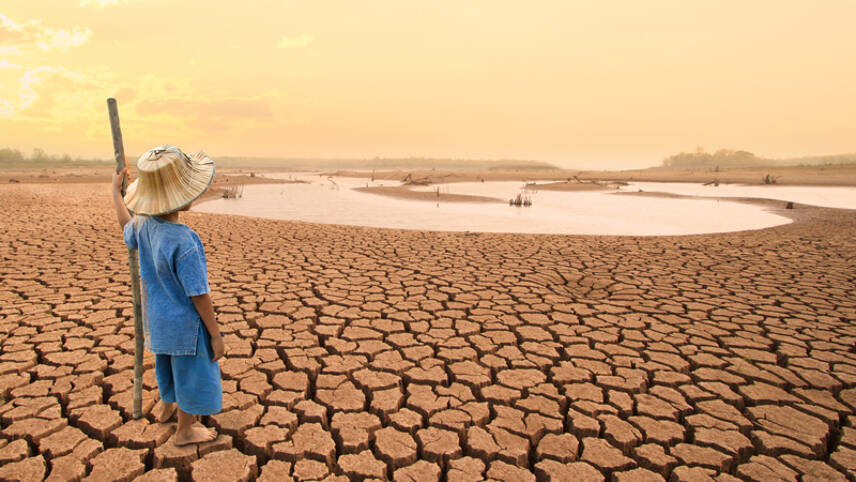Register for free and continue reading
Join our growing army of changemakers and get unlimited access to our premium content

The world will need to invest $8trn in climate tech annually by 2050.
The report further unveiled that the direct economic benefits of water stewardship, covering water use for households, agriculture, and industries, total at least $7.5trn annually. Additionally, less evident benefits, such as water purification, soil health improvement, carbon storage and flood control, reach about $50trn annually.
Nevertheless, the report underscores the decline of freshwater ecosystems.
Since 1970, a third of the world’s wetlands have vanished, and freshwater wildlife populations have decreased by an average of 83%. This distressing trend has contributed to rising water scarcity and food insecurity, driven by diminishing water bodies, increased pollution, and decreased freshwater fisheries.
Consequently, half of the global population experiences water scarcity monthly, and 55 million people contend with annual droughts.
The report warns that a failure to alter water management and protect freshwater ecosystems could lead to a potential 6% decline in GDP in some regions by 2050.
Focus on food
Agriculture currently consumes more than 70% of the world’s freshwater resources, reducing the available water for other critical purposes, such as sustaining fisheries. Intensive agriculture on former floodplains diminishes river systems’ capacity to purify water and mitigate floods and droughts.
WWF-CEE’s regional conservation director Irene Lucius said: “Our current food production practices are not only harming the freshwater ecosystems but are also identified as the primary contributors to biodiversity loss and climate change.
“They are causing land erosion and reducing the capacity of landscapes to deal with water scarcity and droughts.”
Climate change further exacerbates water-related issues, with erratic rainfall, water scarcity, and flash flooding intensifying.
The WWF is calling for an acceleration of action on water, aiming to increase the current rate of progress sixfold to achieve water access for all by 2030 (SDG6).
Recommendations to mitigate the water crisis
The report recommends that governments commit to restoring 30% of degraded rivers and wetlands by 2030 and integrate freshwater objectives into national plans, while urging businesses to establish effective water stewardship strategies, disclose water risks, enhance efficiency, engage in collective resilience efforts, and advocate for improved water policies and practices.
Additionally, the report suggests financial institutions shouldallocate public climate finance to restore freshwater ecosystems and mitigate water-related financial risks. The report notes that investing in nature-based solutions for climate adaptation and assessing water-related financial risk in portfolios is crucial.
Lastly, the report calls on civil society organisations to raise awareness about the importance of healthy freshwater ecosystems and pressure governments, corporations, and financial institutions to address water challenges and invest in freshwater ecosystem protection and restoration.


The UK government has decided to restore 30% of degraded rivers and wetlands by 2030 and has included them in national plans. In addition, the government encourages bankers to finance projects to restore freshwater ecosystems. Confirmation of the climate trend is the infrastructure projects of private companies worth 96 billion pounds. Thus, the UK is confidently following the path of preserving the environment!